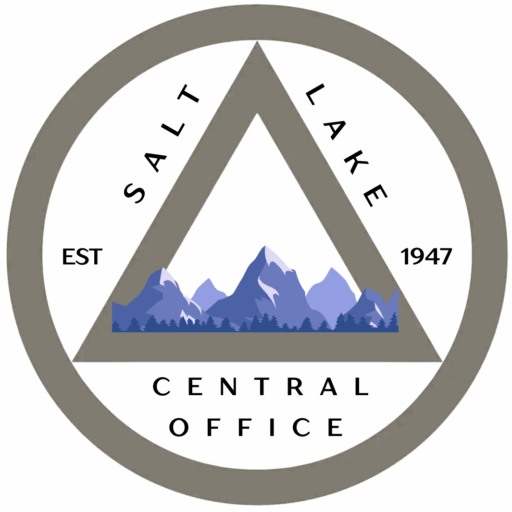A drunk is lying on a bed in a hospital.
A doctor is sitting beside the bed.
The drunk wails in earnest, “…a wave of depression came over me. I realized that I was powerless, hopeless, that I couldn’t help myself, and that nobody else could help me. I was in black despair. And in the midst of this, I remembered about this God business…and I rose up in bed and said, ‘If there be a God, let him show himself now!’ Tell me doctor. Am I insane, or not?”
Fortunately for Bill, and A.A., the doctor was Dr. Silkworth. Very possibly, the future of A.A. hung on the doctor’s answer to that question. “These people do not want to do the things they do. They drink compulsively, against their will.” One of the early drunks whom Dr. Silkworth treated, a big husky six-foot man, dropped to his knees, tears streaming down his face, and begged for a drink. “I said to myself then and there, this is not just a vice or habit. This is compulsion, this is pathological craving, this is a disease!”
It was there that Dr. Silkworth made the first of his indispensable contributions to A.A. He knew, by insight, what no amount of medical training can give a man; that what had happened to Bill was real, and important.
“I don’t know what you’ve got,” he told Bill, “but whatever it is, hang on to it. You are not insane. And you may already have the answer to your problem.”
The encouragement of the man of science, as much as the spiritual experience itself, started A.A. on its way. Although he died on March 22nd, 1951, Dr. Silkworth is yet with us. Because of his profound personal modesty, disarming gentleness, his unassuming skill, he accomplished his daily miracles of medical and spiritual healing, which continue in every room where two drunks meet. He was a prodigious and relentless worker, having spoken with over 51,000 alcoholics. This gentle doctor, with his white hair and soft blue eyes, was a man of immense personal courage. He went much farther than merely encouraging Bill’s faith in his spiritual experience; he saw to it that Bill was permitted to come back into Towns Hospital to share his discovery with other alcoholics.
Today, when “carrying the message to others” has become a very respectable part of an effective program, it is easy to forget that carrying the message undoubtedly found its genesis in Dr. Silkworth’s gentle hands.
Our technique has been mellowed and refined by the wisdom of experience. We know that the blinding light and overwhelming rush of God-consciousness are not necessary; that they are indeed very rare phenomena and the great majority of recoveries among us are of the much less spectacular, and lean toward the more educational kind.
Why did he do it?
The answer to that is the answer to Dr. Silkworth’s whole career: he loved drunks. Early in his career, at a time when alcoholism was almost universally regarded as a willful and deliberate persistence in a nasty vice, Dr. Silkworth came to believe in the essential goodness of the alcoholic. He loved drunks. But there was nothing in the least degree fatuous or sentimental about that love. It was an almost surgical love. There was the warmest of light in those blue eyes, but still they could burn right through to the bitter core of any lie, any sham. He could see through egotism, self-pity and similar miseries we drunks so cleverly use to hide our fear and shame. All this he did, while insisting rigorously that recovery was possible only on a moral basis; “You cannot go two ways on a one-way street” he never preached, never denounced, nor criticized. He allowed you, rather, to make your own judgments. “It’s a gift,” he would say.
Dr. Silkworth not only had vision, he gave vision.
Jeremy B.
